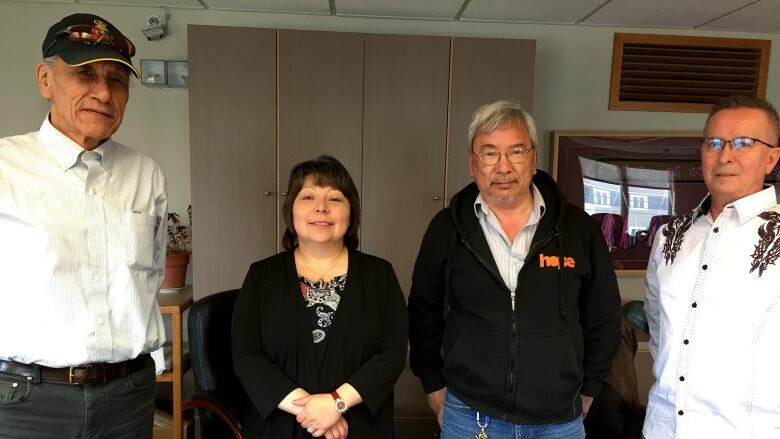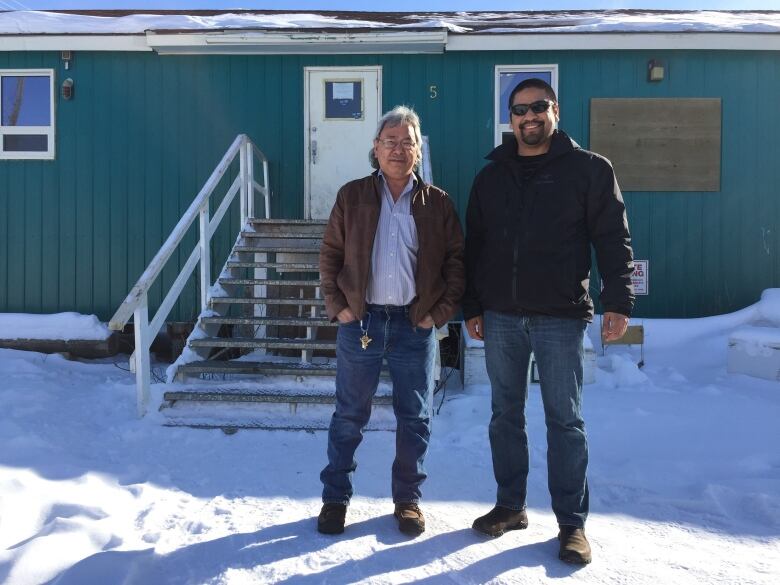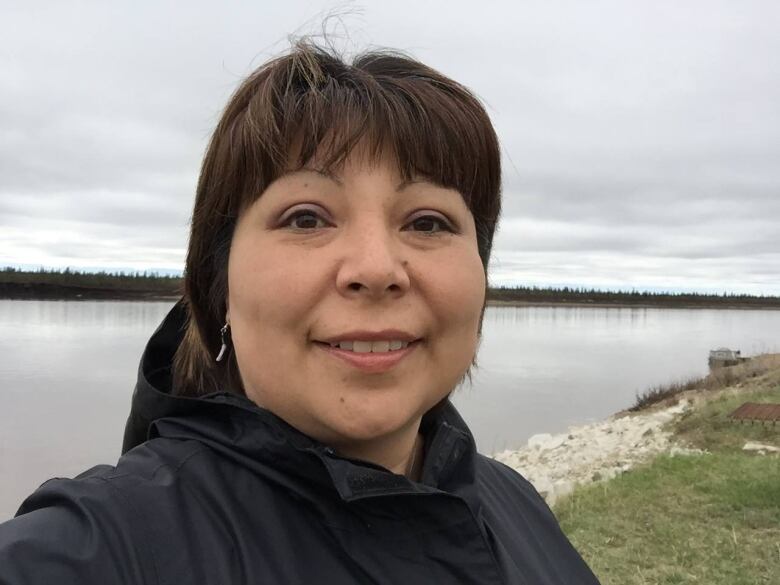Detox centre proposed to help make Inuvik 'healthy again'
Inuvik leaders propose detox centre to serve entire region

Momentum is gaining to opena detox centre in Inuvikafterthe community's town councilpassed a controversial voteto allow a local bar to open 26 Sundays a year.
A group of leaders in Inuvik spearheaded by Joey Amos, manager of the John Wayne Kiktorak Centre Inuvik's emergency warming shelter have formed the Beaufort Delta Detox Center Society to make it happen.
- Inuvik's Mad Trapper bar wins bid to open on more Sundays after charged vote
- Inuvikfirefighters rescue emergency warming centre with $38K donation
- Could JohanKiktorak'sdeath have been avoided? Friends call for addictions treatment in N.W.T.
Amos saidworking at the shelter has exposed him to many people who struggle with addiction.
"I want to see people move forward in life and get healthy again," Amos said.
"But unfortunately they aren't going to get it at the warming center and there is a need for the detox center that will be geared towards helping folks get sober and clean."
Group estimates $400K needed
The group's goal is to openthe centre within a year. A board of directors has already been formedconsisting of Amos,Roy Goose,Edward Wright,SusanPefferand Winston Moses and organizers are working on securing non-profit society status.
After that, they'llmeet with the town and other Indigenous groups inInuvikbefore seekingsupport from the territorial government.
Amos expects the society will need approximately $400,000 to get the centre off the ground.
"We have a lot of connections that we can work with in government and I think we can do a fairly good job of securing funding," Amos said.
"If theGNWTreally wants to invest in people within the N.W.T., they would certainly look at how best can they help the people that are suffering."
"It's only going to get worsebecause there's no economy going on," he said."What are people going to be doing?"
No local options
Anyone in the Northwest Territories who wants addictions treatment at a residential treatment facility currently needs togo to a center down south, such as Poundmaker's Lodge Treatment Center nearSt. Albert, Alta.
"I've worked there and it's a good facility," Amos said.
"But at the same time I've seen a number of people come from Inuvik and the region that go out there for treatment and many do not succeed because they are so far away from home."

Amos believes local knowledge and being closer to family will allow for better outcomes for residents of the region suffering from addiction.
"We have the expertise within the town ofInuvikthat we don't have to be sending them South," he said."If we have somebody who wants treatment right now, we should be able to grab them and say we have a place for you instead of waiting six weeks or seven weeks before a bed becomes available down south.
"Inuvik wants to see Inuvik healthy again."
Think outside the box
The society already has a high-profile supporter in Gwich'in Tribal Council president Bobbie Jo Greenland-Morgan.
"Having adetoxcenter and treatment programs available will be a critical part of the health and well being of the people we represent," she said.

It takes people who think outside of the box to solve complicated issues in the North, Greeland-Morgan said, adding that as"Indigenous people, that's how we worked before government."
Greenland-Morgan said this is an issue she has previously raised, and will continueto raise, with both territorial and federal politicians.
"The federal government needs to seriously talk about truth and reconciliation and come up to Inuvik and look at the programs we don't have," she said.
"I think as Indigenous people,Gwich'in,Inuvialuit, we've been living in generations of government-controlled services,where it's always about funding."












_(720p).jpg)


 OFFICIAL HD MUSIC VIDEO.jpg)
.jpg)



























































































